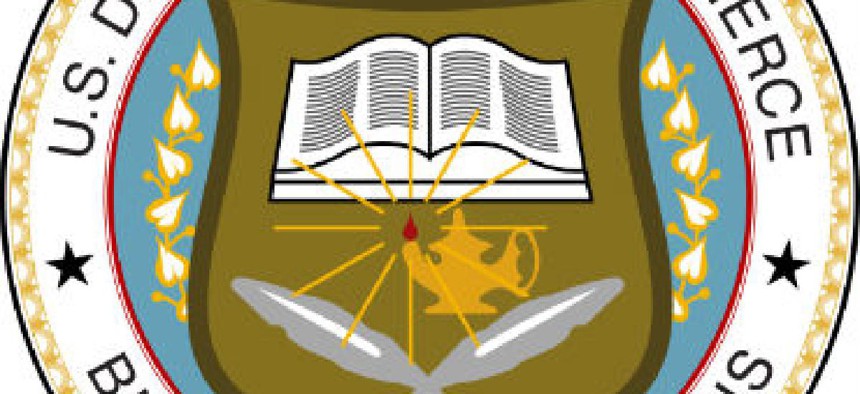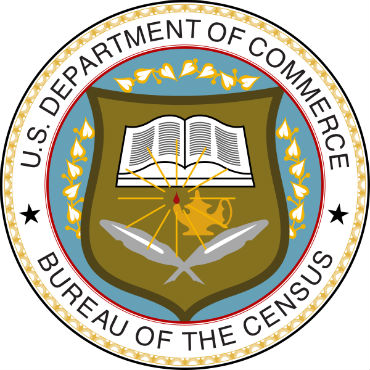Critical Census test to start on schedule, as long as the government doesn't shut down

Despite its unconfirmed budget and the possibility of another shutdown, the Census Bureau is moving ahead with its plans to conduct its critical dress rehearsal on time.

Despite its budget ambiguity and the looming possibility of another shutdown, the Census Bureau is moving ahead with its plans to conduct its critical dress rehearsal on time.
Census experts had expressed concern that a shutdown — even if brief — could force the bureau to push back the start of the 2018 end-to-end test. But the bureau expects to begin the dress rehearsal as scheduled.
"We feel very comfortable we're on the way to a very successful 2018 end-to-end test and a very successful 2020 census," said associate director of decennial census programs directorate
Al Fontenot at the Jan. 26 quarterly program management review.
However, factors outside the bureau's control may influence its plans.
Congress has yet to pass a budget that includes the additional $187 million in funding requested in October by Commerce Secretary Wilbur Ross. Currently, Census is operating under a budget anomaly, allowing it to spend at an accelerated rate under the continuing resolution.
Deborah Stempowski, chief of the decennial census management division, said the bureau still plans to conduct its first round of questionnaire mailing March 16. However, the possibility of another government shutdown Feb. 8, just before the agency plans "peak operations" for the critical 2018 test, threatens this timeline. Stempowski noted that the current operational schedule "depends on how long" a possible shutdown would last.
Gregory Hanks, Jr. of the Census's geography division said the bureau is exploring how it can use the U.S. Postal Service in "new kinds of engagements" during the 2018 test. Those include interactive kiosks at post offices that would allow customers to fill out questionnaires, a digital tool called "informed delivery" that allows consumers to preview mail arriving at their home and possibly respond to the census by internet before receiving the paper questionnaire, as well as the possible use of postal workers to conduct enumeration.
In its most recent operational update, Census identified two high risks that "represent the
major concerns that could affect the design or the successful implementation of the 2020 Census." Those risks are cybersecurity and the public perception of the bureau's ability to safeguard response data.
Census also continues to play catch-up on its systems readiness. Atri Kalluri, chief of the bureau's Decennial Information Technology Division, said that about 24 of the 44 systems needed for 2018 peak operations are currently ready for use. In the past, the Government Accountability Office has taken issue with Census's criteria for "readiness."
The bureau also provided an update on the status of its major contracts. Since the last PMR, Census awarded one of its final two major contracts — the fingerprint and badging contract — to IndraSoft. The ceiling value of the deal is $64.8 million. The final remaining major contract is for field IT, and is expected to be awarded in May or June.
The bureau also provided some details on the decennial device as a service contract, which was originally awarded to CDW-G and protested by AT&T before an agreement between the two companies was reached. The bureau will use approximately 1,400 iPhones for enumerators and 80 iPads for field supervisors in the 2018 end-to-end test, said Luis Cano of the bureau's Decennial Contracts Execution Office.
However, as the Census Bureau approaches its next major deadline, uncertainty remains as to whether a citizenship question that has raised concern among civil rights groups will appear on the 2020 census.
In response to the Department of Justice's request for the bureau to include a citizenship status question on the census, Fontenot did not rule out the possibility the question could appear on the final questionnaire.
"The bureau is conducting an orderly review of the Department of Justice request," said Fontenot. "Attorneys from the Department of Commerce are currently examining the justification for the data needed by the Department of Justice. Technical experts at the Census Bureau are also looking at the issue. We will keep you apprised of any development regarding the citizenship question."
Additionally, Fontenot confirmed the 2018 test and the 2020 Census will ask two questions on race and ethnicity, rather than the one combined question the bureau had planned based on its own research that one question would lead to higher response rates among minority populations.
The final questions that will appear on the 2020 Census are due to Congress March 31.
NEXT STORY: Trump picks federal CIO


